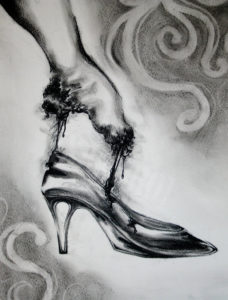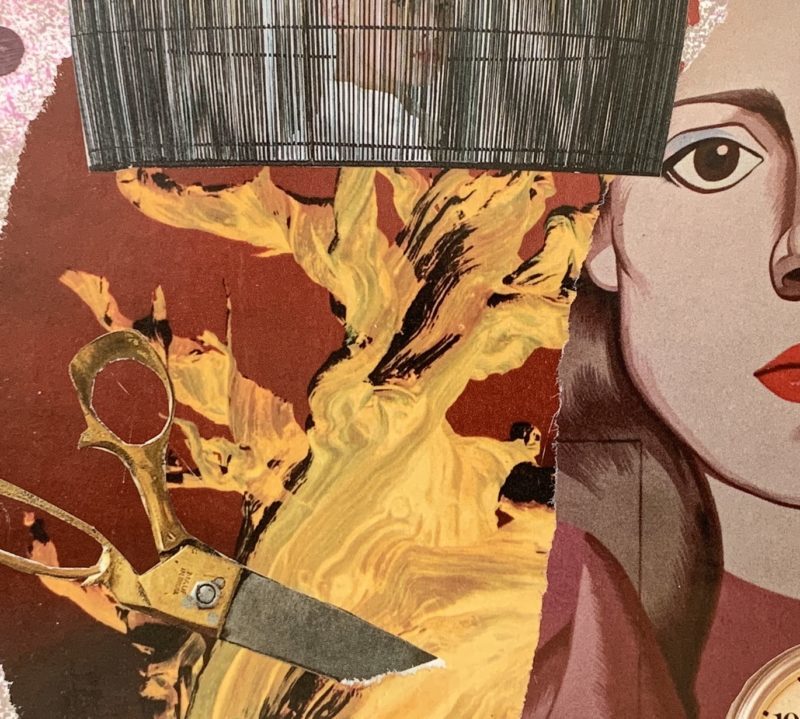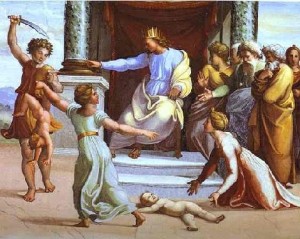
image from stargazer-gemini.deviantart.com
About Simone Biles’s birthmother
Here’s the link to a newspaper article about Simone Biles’s birthmother. I read it twice. And I also read another interview with her in the Huffington Post and in the New York Daily News–all based on an interview with her from TMZ. It’s worth a read. After you it, read the comments. If you can stand a foray into the meanness olympics.
So, here’s the deal. Shannon Biles says she’s glad she and her daughter are not estranged any longer, but their relationship is still fledgling.
And that she wished her dad hadn’t thrown her under the bus in a recent interview of his with the press. Also, she said she thought he was insensitive about the way he described her battle with addiction.
She admits that she took the loss of her children very badly. That she yelled at her father, and that she was hard-headed, and that she didn’t understand then why she couldn’t see her kids. But she says she understands it now. She admits that she wan’t able to care for them back then.
And she admits that she was an addict, and says that she’s been clean for nine years now.
She is raising her two youngest children herself. She has a job.
It seems pretty clear that Shannon Biles’ s children were in jeopardy. “In and out of foster care” is not a good thing. It worked out well, probably better than imagined. Simone’s grandfather and his wife legally adopted Simone and her sister and are now their mom and dad. Hooray for all that. Gold medals all around.
Stop the hate
While I understand the hunger of the media for a story and the curiosity of Olympic viewers and the general public about all this, I don’t understand the hate directed at Shannon Biles in the comments sections.
Shannon Biles was an addict. She lost custody of four children. That’s a clusterfuck of hurt for a lot of people, including innocent children. It’s personal disaster beyond measure. BUT this woman who lost her children and the respect of her father is now clean. She has turned her life around. In the olympics of her personal life, that’s pretty damn golden.
Birthmothers are human beings
Birthmothers/first mothers/bio mothers are human beings, deserving of compassion. We did what we did for a million reasons. Put on those shoes, haters. Try a little running and jumping in them, and when your feet are bloody, give thanks for your perfect life and your shiny veneer over your hate-filled soul. I have to try a little bit not to wish you ill, but I can do it. I wish you well. I wish for you understanding, and some personal peace, and an inclination for you to share that with the world instead of hate.




